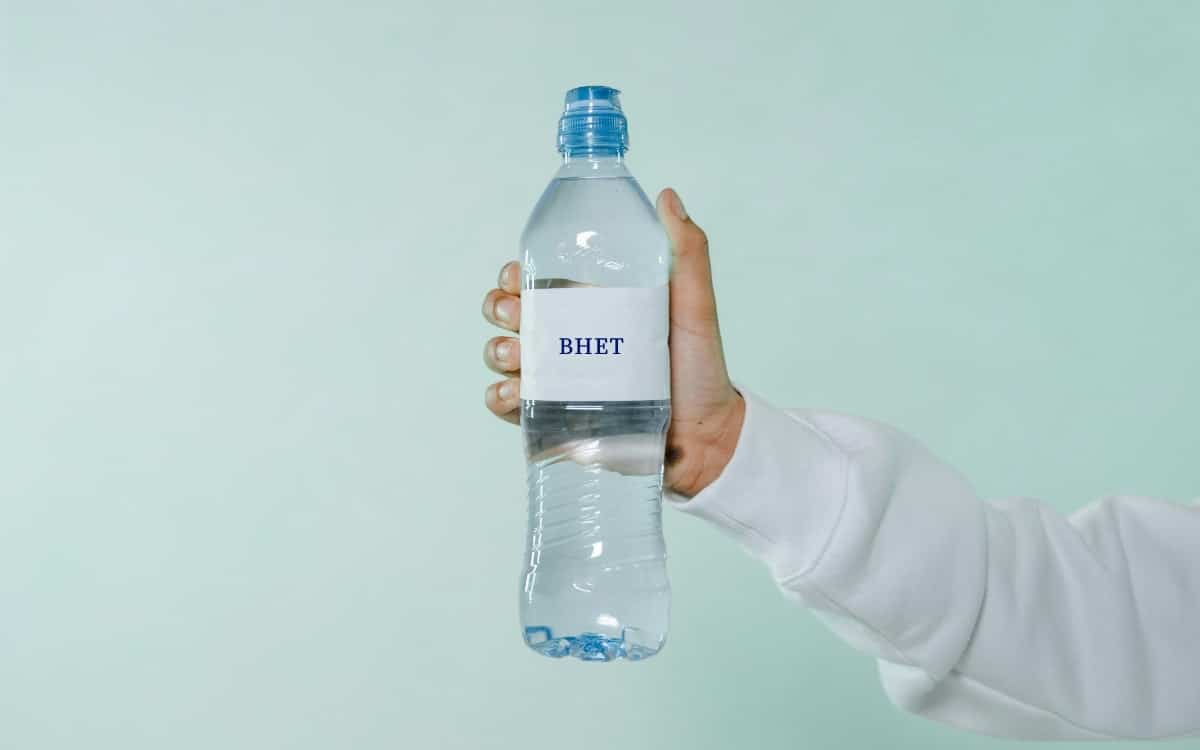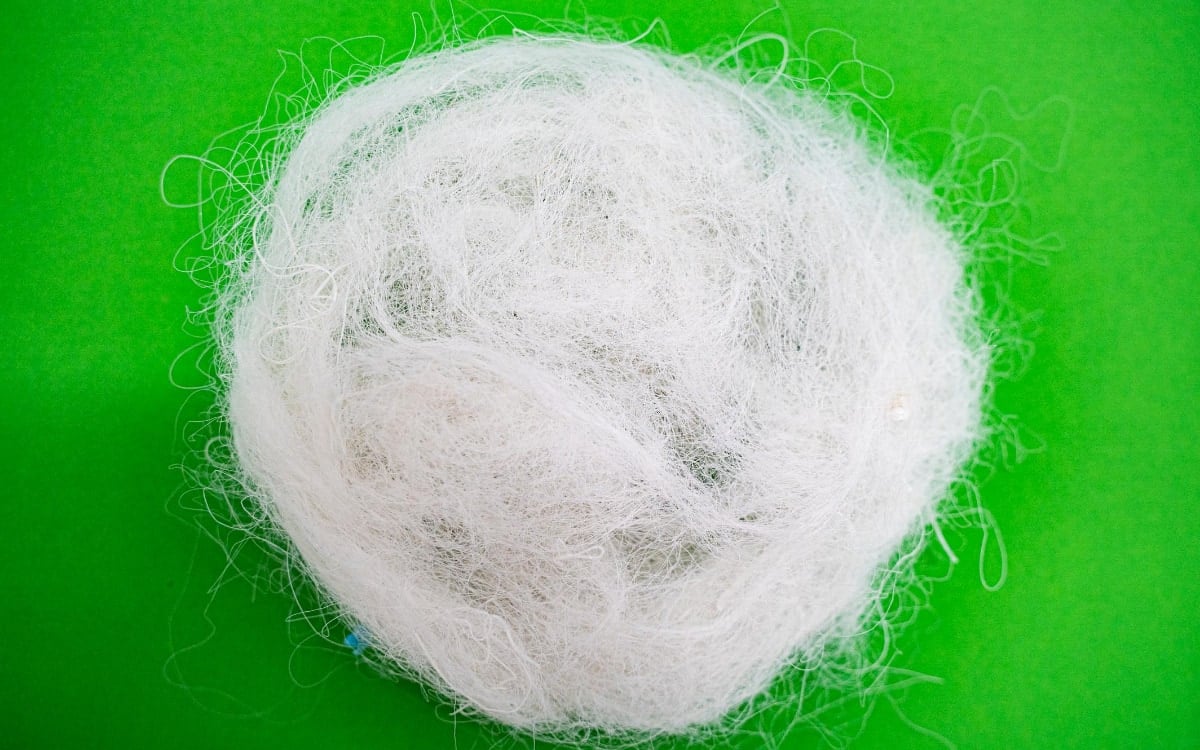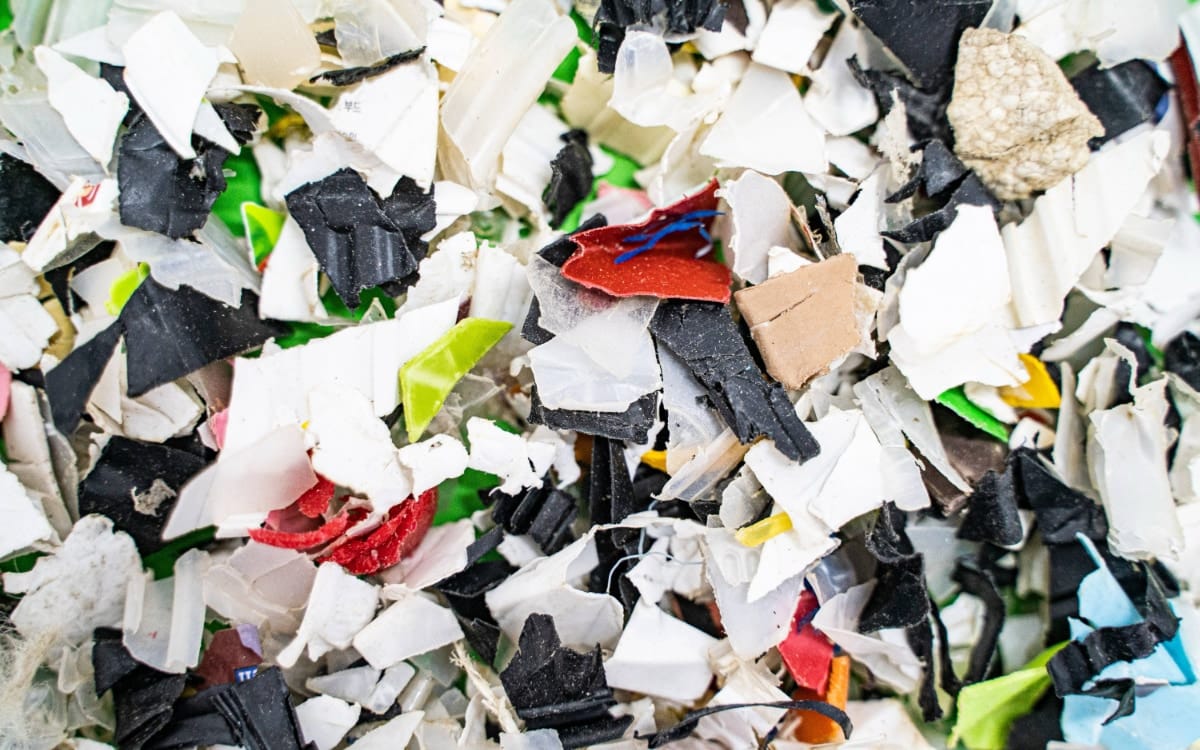Chemical Recycling
Plastic waste, especially post-consumer packaging waste, currently faces significant recycling challenges. Traditional mechanical recycling methods are often ineffective in handling such waste due to high contamination levels, expensive sorting and cleaning processes, and immature technologies. As a result, chemical recycling has emerged as a crucial solution to address plastic waste issues.
USEON offers advanced chemical recycling process technologies to enable the recycling of post-consumer waste.
Applications
USEON has relevant experience in the chemical recycling of PP, PE, and PET. Our high-torque twin-screw extruders offer several advantages in these applications.
Polyolefin (PP/PE) Chemical Recycling
Polypropylene (PP) and polyethylene (PE) are the most common plastic materials, widely used in packaging, consumer goods, and industrial applications. Through chemical recycling using twin-screw extruders, these plastics can be depolymerized via pyrolysis into shorter molecules or monomers, such as ethylene and propylene. These products can be reused in plastic production or further processed into chemicals.
Advantages:
- Efficient pyrolysis improves recycling rates, converting plastics into reusable petrochemical feedstock.
- The high shear force and precise temperature control of twin-screw extruders ensure a uniform and stable pyrolysis process.
PET Chemical Recycling
PET is widely used in industries such as food packaging and textiles. Traditional mechanical recycling methods cannot effectively address the degradation of PET, whereas twin-screw extruders can promote the depolymerization of PET waste by controlling temperature and catalysts, converting it into terephthalic acid (PTA) and ethylene glycol (EG), which are further processed into the monomer BHET (bis(hydroxyethyl) terephthalate).
The regenerated polymer materials from BHET can be widely applied in industries such as apparel, home appliances, home textiles, automotive, electronic films, food and beverages, cosmetics, and medical products.
Advantages:
- Twin-screw extruders precisely control temperature and reaction time, ensuring the purity of recycled materials and suitability for food-grade PET production.
- The equipment features strong mixing capabilities, enabling effective collaboration with catalysts and solvents to facilitate depolymerization reactions.
- Capable of achieving higher output, with a capacity of up to 20 tons per hour.
Advantages
The Advantages of Twin-Screw Extruders in Plastic Chemical Recycling:
- Efficiency: Twin-screw extruders ensure the efficient processing of waste plastics through intense shearing and uniform heating, guaranteeing complete reactions during the recycling process.
- Precision Control: The equipment allows precise adjustment of reaction conditions, optimizing recycling processes for different types of plastics and minimizing by-product generation.
- Environmental Friendliness: Compared to traditional chemical recycling methods, twin-screw extruders reduce solvent usage and operate in a closed system, lowering emissions and environmental pollution.
- Flexibility: With a wide range of process adjustments, the equipment accommodates diverse waste treatment needs, offering excellent adaptability.
As an efficient plastic recycling machine, twin-screw extruders have become essential for chemical recycling due to their unique working principles and precise process control capabilities. USEON, with years of technological expertise and an innovative spirit, provides high-quality twin-screw extrusion equipment and comprehensive solutions, helping global customers achieve efficient recycling and regeneration of plastic waste.
If your company is planning projects related to chemical recycling, feel free to contact us.



